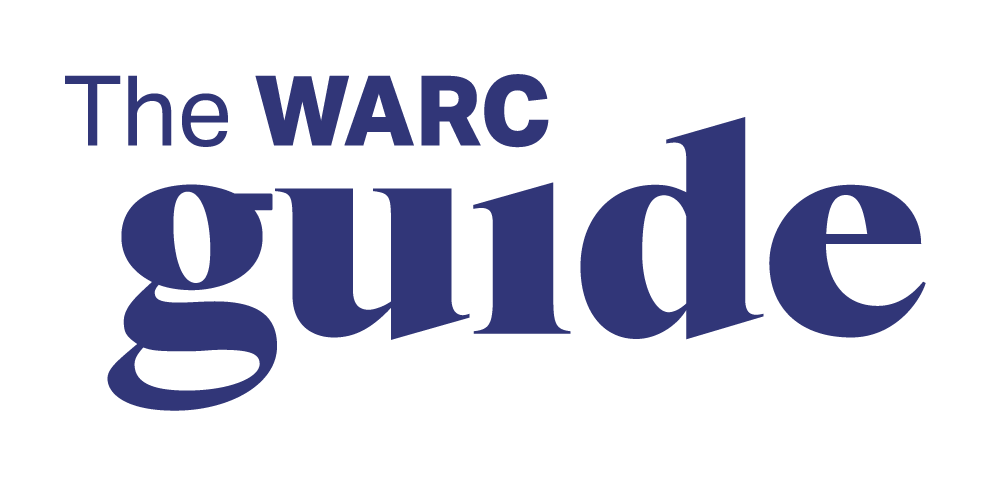Brands find themselves expected to take a stand on issues such as Black Lives Matter, but rather than simply reacting to events they should arguably be reappraising some more fundamental aspects of their marketing approach.
The advertising industry has allowed quality and context to be erased as the price for fetishising data and pervasive targeting, says Jerry Daykin in The WARC Guide to Planning for Attention (subscribers can read the full report here) – and that’s a course that needs to be reversed.
“When advertisers invest in the ‘best corners of the internet’, choosing investigative journalism and diverse voices over fake news, and celebrity plastic surgery slide shows, not only does it result in better brand outcomes, but society becomes a better place,” he says.
He makes that assertion on the back of his efforts developing Diageo’s Trusted Marketplace approach, which demonstrated that a focus on higher quality inventory was able to deliver better brand and business results. (For more details, read his article in full: Paying attention to quality: Investing in the best corners of the internet.)
“It likely means higher on-paper media costs and reduced theoretical reach, the nemesis of any media planner,” he acknowledges, “but the context and attention you gain proved itself to be worth the sacrifice.
“The cheaper media and extra inventory you thought you were getting probably wasn’t delivering very much for you anyway,” Daykin adds.
Basic ‘brand safety’ settings should be in place as a minimum, he advises, in order to minimise the chances that ad money is funnelled towards hate speech, climate change denial, organised crime and, potentially, terrorist organisations.
Meanwhile, some forward-thinking advertisers are taking this a step further to embrace ‘brand consciousness’ and deliberately attuning plans to support the voices they want to survive.
“That might mean looking for minority titles, quality news and content partnerships you can double down on, rather than allowing programmatic targeting to find you an audience,” says Daykin.
“It certainly means looking closely at your brand safety settings and ensuring they are not displacing the quality journalism and diversity through blunt implementation.”
Jonathan Waite (Dentsu Aegis Network) and Professor Karen Nelson-Field (Amplified Intelligence) will be presenting a webinar on Measuring the Value of Attention on Tuesday 16 June (9:00am BST/ 4:00pm SGT). WARC subscribers can register here.
The WARC Guide is a compilation of fresh new research and expert guidance with WARC’s editorial teams in New York, London, Singapore and Shanghai pulling in the best new thinking globally. It also showcases the best on WARC – case studies, best practice and data sourced from across the platform.
Sourced from WARC

